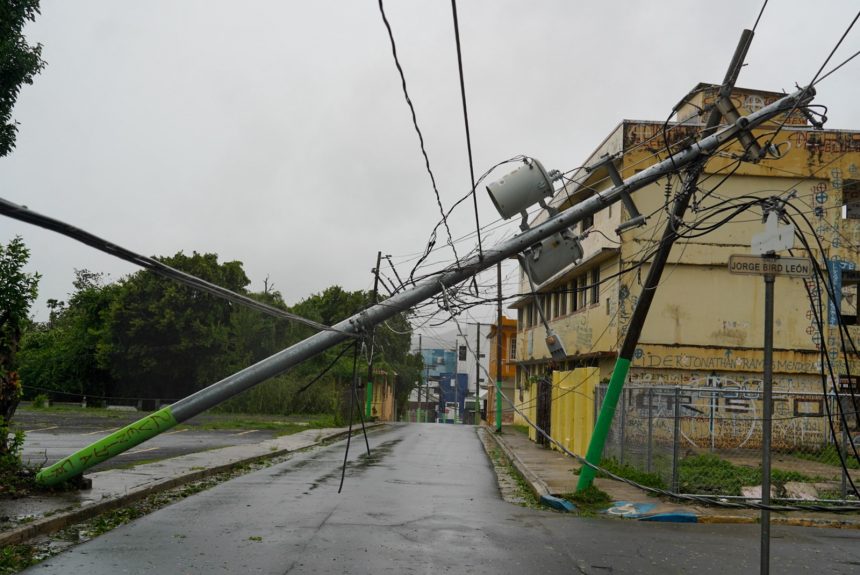Hurricane Ernesto has brought widespread flooding and power outages to Puerto Rico before turning north towards Bermuda. Its early arrival as the third hurricane of the season is a concerning reminder of what lies ahead in the coming months as the planet continues to warm. The exceptionally warm Atlantic Ocean is fueling predictions for a highly active hurricane season, with warmer ocean temperatures playing a crucial role in hurricane formation and intensification.
As hurricanes rely on warm ocean temperatures for fuel, the impact of climate change on ocean temperature increases their likelihood and potential intensity. The ocean’s warmth contributes to the rapid intensification of hurricanes, making them more dangerous and unpredictable. While Hurricane Ernesto has not rapidly intensified, it remains a dangerous Category 2 storm as it approaches Bermuda.
With the peak of hurricane season still ahead, experts warn that the Atlantic Ocean will continue to provide the necessary fuel for more storms to develop. The current conditions indicate that a significant amount of hurricane activity is yet to come, underscoring the need for preparedness and vigilance in the face of future storms.
In conclusion, Hurricane Ernesto’s early appearance serves as a stark reminder of the potential impact of climate change on hurricane formation and intensity. The warming ocean temperatures and other conducive factors indicate a challenging hurricane season ahead, emphasizing the importance of proactive measures to mitigate the risks posed by these powerful storms.






